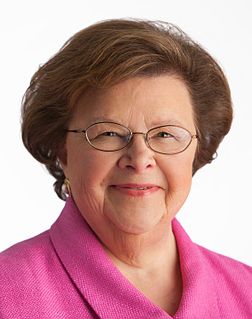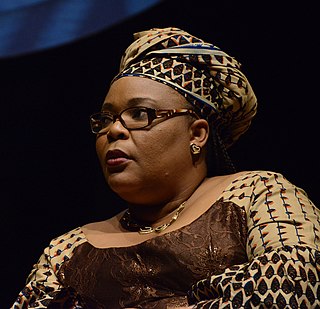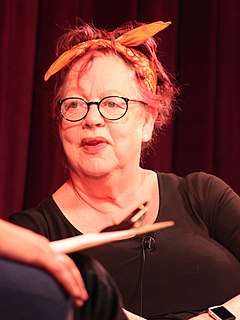A Quote by Tom Frieden
In addition to pain, disability, and disfigurement, lymphatic filariasis carries a heavy social cost. Those disfigured by the disease are often shunned. Women are often rejected by their families. Both men and women can have difficulty finding jobs.
Related Quotes
It was long assumed that heart disease manifested the same in men and women. But Dr. Legato found that men may experience the classic symptoms of chest pain that radiates down the left arm. Women often have symptoms including shortness of breath, nausea or vomiting, and back or jaw pain. A gender-neutral approach left many women under-diagnosed and under-treated and as a result many women died needlessly.
Why do we resist giving help to homeless men? In part because we don't understand how our pressure on men to support families often forces men to take transient jobs that are but a step away from homelessness (the death-of-a-salesman jobs, the migrant worker jobs...) and in part because we respond differently to men who fail [than women who fail].
Women have always been the primary victims of war. Women lose their husbands, their fathers, their sons in combat. Women often have to flee from the only homes they have ever known. Women are often the refugees from conflict and sometimes, more frequently in today's warfare, victims. Women are often left with the responsibility, alone, of raising the children.
In addition to being an economic security issue, the failure to pay women a salary that's equal to men for equal work is also a women's health issue. The fact is that the salary women are paid directly impacts the type of health care services they are able to access for both themselves and their families.
We've learned that women can and should do 'men's jobs,' for instance, and we've won the principle (if not the fact) of getting equal pay. But we haven't yet established the principle (much less the fact) that men can and should do 'women's jobs': that homemaking and child-rearing are as much a man's responsibility, too, and that those jobs in which women are concentrated outside the home would probably be better paid if more men became secretaries, file clerks, and nurses, too.
Men are the ones who often juggle back and forth for power. It is the women who bring humanity to the table - an understanding that beyond the jobs that men are fighting for, there are people out there really waiting for you to do something for life to go on. The only way all of this can happen effectively is if women are at the table as active participants, not as silent observers.
I know there are certain men that hate women or don't like women, and in order to make women feel small, they tend to isolate them when they bully them. And women are often humiliated by it and feel they can't do anything about it. So my advice to women would be: there's always support around for those sorts of things and if you feel you're isolated in any way, or being bullied, you must talk to someone about it.
I am often asked why men don't get as worked up as they might about women - particularly poor women - having to use their bodies as prostitutes. Because most men unconsciously experience themselves as prostitutes every day - the miner, the firefighter, the construction worker, the logger, the soldier, the meatpacker - these men are prostitutes in the direct sense: they sacrifice their bodies for money and for their families.

































